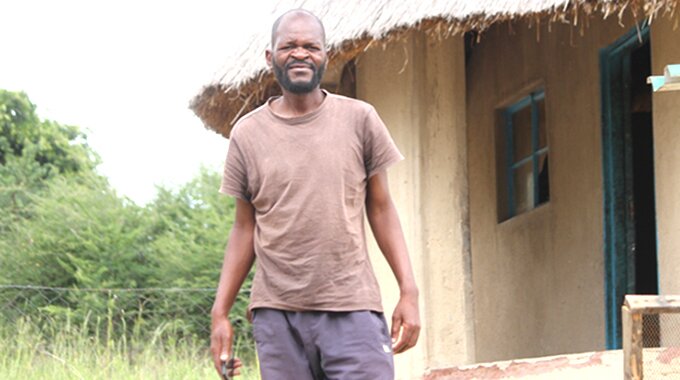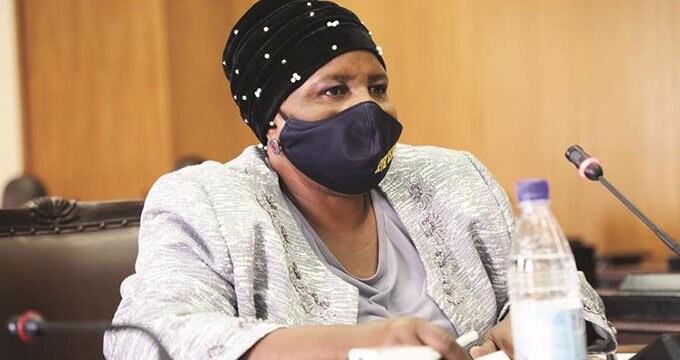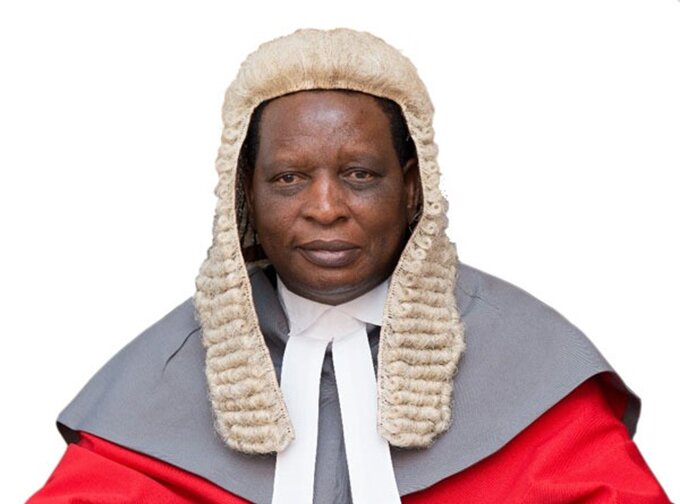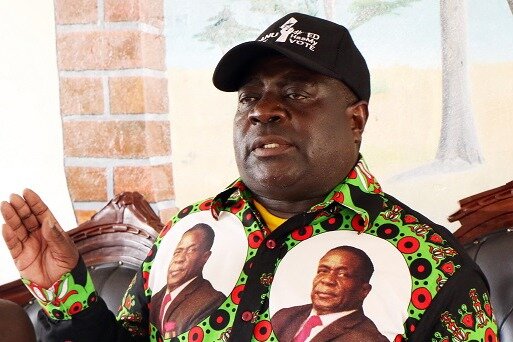Last week, the Zimbabwe Anti-Corruption Commission (ZACC) held a three-day workshop in partnership with the World Bank and United Nations Office on Drugs and Crime (UODC).
The programme, which trained ZACC officers on asset recovery, was facilitated through the UN’s Stolen Asset Recovery Initiative (StAR).
The country is estimated to have lost a cumulative US$3 billion through illicit financial flows, while a further US$7 billion worth of ill-gotten wealth is reportedly stashed outside the country.
At the end of last week’s workshop, The Sunday Mail Chief Reporter Kuda Bwititi (KB) sat down with ZACC chairperson Justice Loice Matanda-Moyo (LMM, pictured) to discuss illicit financial flows (IFFs) and the ongoing fight against corruption.
KB: Can you please kindly provide us with a general overview of the just-ended workshop — that is, its intentions and resolutions?
LMM: The workshop was meant to train our investigators in tracing Illicit Financial Flows (IFFs). I realise that we were lacking in that regard and we solicited for help, for training, from the Unitted Nationas Office on Drugs and Crime (UODC) and World Bank. They sent StAR (Stole Asset Recovery Initiative) to train our officers in asset recovery.
It was a productive week and our officers have learnt a lot on how to trace assets from country of origin to country of destination, and the kind of evidence that is required in those matters.
Advertisement
It was a productive workshop and I want to believe that from henceforth, our officers are well-equipped in tracking IFFs and we are going to see an improvement in asset recovery.
In short, we are really stepping up the fight against asset recovery.
KB: Now that your officers have been trained, what is ZACC’s next strategy to ensure the country recovers the wealth that has been plundered?
LMM: We have just set up the Asset Recovery Unit within ZACC and the strategy is to have officers who are well-equipped in the know-how, legalities and modalities of tracing these assets and recovering them.
Asset recovery is a process and it takes a lot of time. In Nigeria, for example, it took them 15 years to repatriate Sani Abacha’s wealth (The US$300 million that was stolen by former military ruler General Sani Abacha, who ruled Nigeria from 1993 until his death in 1998). But I want to believe that with international cooperation, which is happening these days, it should not take more than five years.
KB: You have mentioned that US$7 billion is stashed out of the country. May you please provide names of some of the people behind this?
LMM: No, we cannot give you any names at the moment. That will have the effect of jeopardising investigations. There will come a time when we will be in a position to reveal identities.
KB: In the face of international law and immunity of foreign investments in some jurisdictions, how does ZACC seek to navigate these challenges in repatriating back the wealth?
LMM: Asset recovery is a process and that has been the reason why we conducted this training. These are some of the skills that have been imparted to our officers.
We are funded by Treasury and where we lack resources, we are confident that our cooperating partners will assist.
Advertisement
KB: How many cases are on ZACC’s table right now and of these, how many are high profile?
LMM: We have over 700 cases under investigations now. Out of these, 74 relate to high-profile matters.
KB: Given this high number of cases, do you have the capacity to handle the huge volumes?
LMM: We are in the process of strengthening capacity, we have recruited officers and some of them have been vetted. By Monday (tomorrow) we are going to have some of the new members joining us. We are expecting 20 officers to be joining us on Monday. All in all, we are going to have 60, but only 30 have been vetted so far.
KB: Your critics say ZACC has been captured and there is no political will to investigate high-profile cases? What is your response?
LMM: There is political will to deal with both high-profile and low-profile matters. With regard to high-profile matters, our laws and rules are such that the accused are allowed to make interlocutory applications.
Some of these applications have the effect of suspending the main trial. Once that application is made at the High Court, this will stop proceedings before the magistrates’ courts.
That does not mean that the matter is over, but just that the process is pending and the case becomes longer. However, we are lobbying for changes in the rules of the courts so that even if a person makes an interlocutory application that application will not have a bearing on the matter before the magistrates’ court.
We want the cases to continue to trial while those applications are going through. In other countries such as Nigeria, for example, the Supreme Court has made those rulings that once you are charged with corruption and you make an application, that application does not have the effect of stopping trial.
KB: Recently there were allegations raised by the now suspended Zanu-PF youth leaders, Godfrey Tsenengamu and Lewis Matutu, related to cartels and three prominent businesspeople. What is ZACC’s position on those allegations?
Advertisement
LMM: Some of those persons were already under investigations by ZACC, but the Zanu-PF Youth League members were not the complainants.
What happened was that only one of the two came to ZACC and made a general report and said that so and so is corrupt.
As ZACC, those are not the sort of reports that we expect. There are standards that have to be met. You have to meet basic standards to enable ZACC to open a file.
Imagine if ZACC was to open a file based on a general allegation that so and so is corrupt, how many files would we have?
We do not just take opinions, they must be some basis for saying someone is corrupt.
We are not a political outfit. ZACC is apolitical and we do not want to be used in any political fights. If people have evidence and positive leads, we are their friends.
But let me categorically state that we have never received any solid complaints regards their cases. What they said was just an allegation without any prima facie evidence.
So whatever matters we are investigating are not because of them.
KB: What is the latest in terms of decentralising ZACC?
LMM: The Judicial Service Commission has provided for the setting up of anti-corruption courts in six or seven provinces. This year, they are expecting to put up these courts in these provinces. As ZACC, we are only in Harare and have offices in Bulawayo and Gweru that are manned by not more than two officers each.
We now want to decentralise to other parts of the country and to make sure that our offices are really capacitated to deal with corruption cases in these provinces, and they can feed into the courts. By the end of this year, we should be in six provinces — Midlands, Bulawayo, Manicaland, Mashonaland East, Mashonaland West and Masvingo.
KB: ZACC has previously indicated that it was seeking prosecutorial powers. Is there any update on this?
LMM: We are still using the Prosecutor-General’s Office for prosecuting our matters. There is nothing new as yet.








